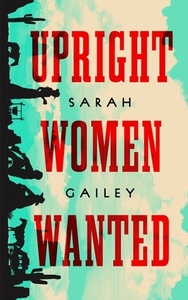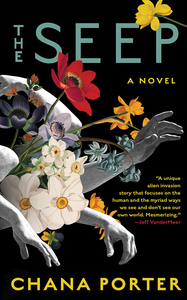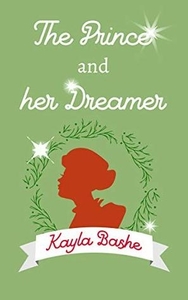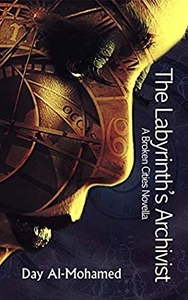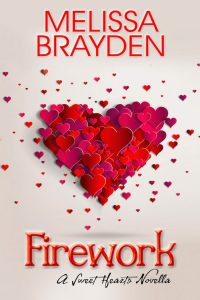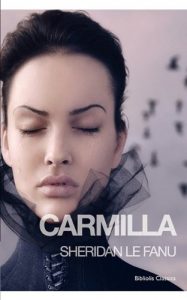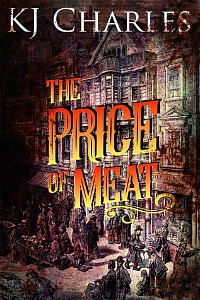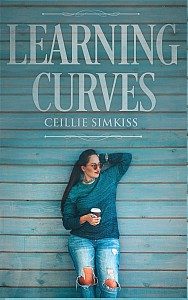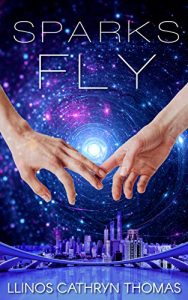I’ve been thinking a lot about the future and trying to figure out what it will look like. Will this blow over in a couple of months and will things steadily return to normal? Or is the future forever changed and doomed? I guess it’s nice to think that even if it is the worst-case scenario we’re heading towards, there’s still hope for the LGBTQ+ community.
Upright Women Wanted by Sarah Gailey takes place in a future southwest where society is under the control of a fascist, religious, and patriarchal regime. The protagonist, Esther watches her best friend and lover Beatriz hang for deviant behavior and having “unapproved materials”. She runs away in the back a wagon owned by a couple of librarians, planning to join their group and somehow find a way to get rid of what she believes is a horrible part of her. She wants to become what the posters proclaim them to be, upright women.
What she instead finds is an underground LGBTQ+ community, bandits, violence, many secrets, and women that are leagues better than what the posters described.
Esther is a very real character in that she has a lot of issues and internal confusion to work through. It was interesting getting to see a character work through that in real time with the story and see her gradually overcome with it the help of people around her.
The characters were just as real. There was Bet and Leda, the couple’s whose wagon she initially snuck onto. Bet is gruff and tough, but has a heart of gold and genuinely cares for everyone in her crew. Leda is just as tough, but also shows more of her compassion externally than her partner. Finally, there’s Cye, who goes by they, is an apprentice to Bet, and doesn’t initially like Esther too much, but the two of them eventually grow to like each other and more.
The world building was wonderful. Every inch of struggle that would come with such a harsh environment is included here, no short cuts taken. This really is a post-apocalyptic future where our current comforts are not to be found. The author clearly did a lot of research and this comes through beautifully.
My one complaint is that the plot felt a bit rushed. There were a few beats and character developments that could have taken more time and build up. The characters, concept, and world building is great, and I just wish the plot had taken the time to give them to time they needed.
Overall, I genuinely enjoyed this, and if you’re looking for a western story with adventure and romance, this is just for you

